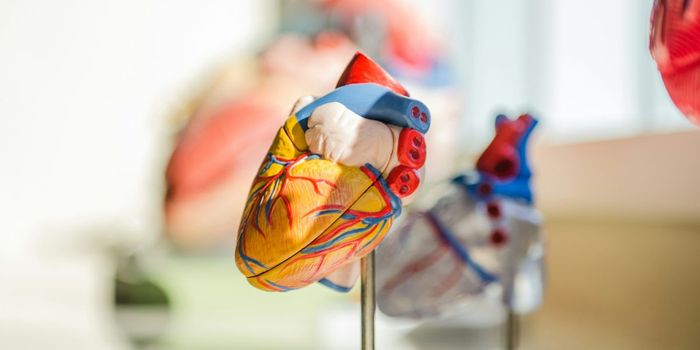Newly-IDed Atherosclerosis Protein May Be Treatment Target
Arteries, which supply the body with oxygen, are normally flexible. But they can become stiff and thick in a condition called arteriosclerosis. When that happens because of the buildup of cholesterol and fats on the arterial walls, it's called atherosclerosis, which can lead to stroke or heart disease. Often, people have no idea they have atherosclerosis until an emergency like that occurs. The exact cause of atherosclerosis is unclear, but researchers have now identified a protein called prosaposin that seems to be involved in the disorder. The findings have been reported in Science Translational Medicine.
Drugs that lower cholesterol levels can help treat atherosclerosis, and studies have suggested that medications that aim to lower inflammation may help prevent heart attack and stroke. However, the general inhibition of inflammation in the body can impede its ability to fight infection; so researchers have been looking for a way to specifically lower the inflammation that leads to atherosclerosis.
It's thought that immune cells called macrophages are major players in the inflammation that is associated with atherosclerosis. It requires a considerable amount of energy to activate these cells, so their metabolic rate increases when they're active. It may be possible to reduce the inflammatory potential of the macrophages that lead to problems with the arteries by targeting the metabolic change underlying their activation.
In this work, the researchers investigated what happens when a 'power switch' in macrophages, a molecule known as mTOR, is turned off. The team used a mouse model to deactivate mTOR, a molecule that has many different roles in a variety of cell types, but the researchers did so specifically in macrophages.
After only one week of treating the mice, lesions seen in atherosclerosis were shrinking, while inflammation was decreasing. Further studies revealed that the molecule prosaposin was playing a crucial role in metabolism in macrophages. When the production of prosaponin was eliminated in a mouse model, atherosclerosis development and vessel wall inflammation were reduced.
The researchers also investigated prosaponin levels in human atherosclerotic lesions. They found that macrophages in atherosclerotic plaques had high prosaposin levels. They suggested that prosaposin is a key player in atherosclerosis, and presents scientists with a new therapeutic target for atherosclerosis treatment.
Sources: AAAS/Eurekalert! via Radboud University Medical Center, Science Translational Medicine








